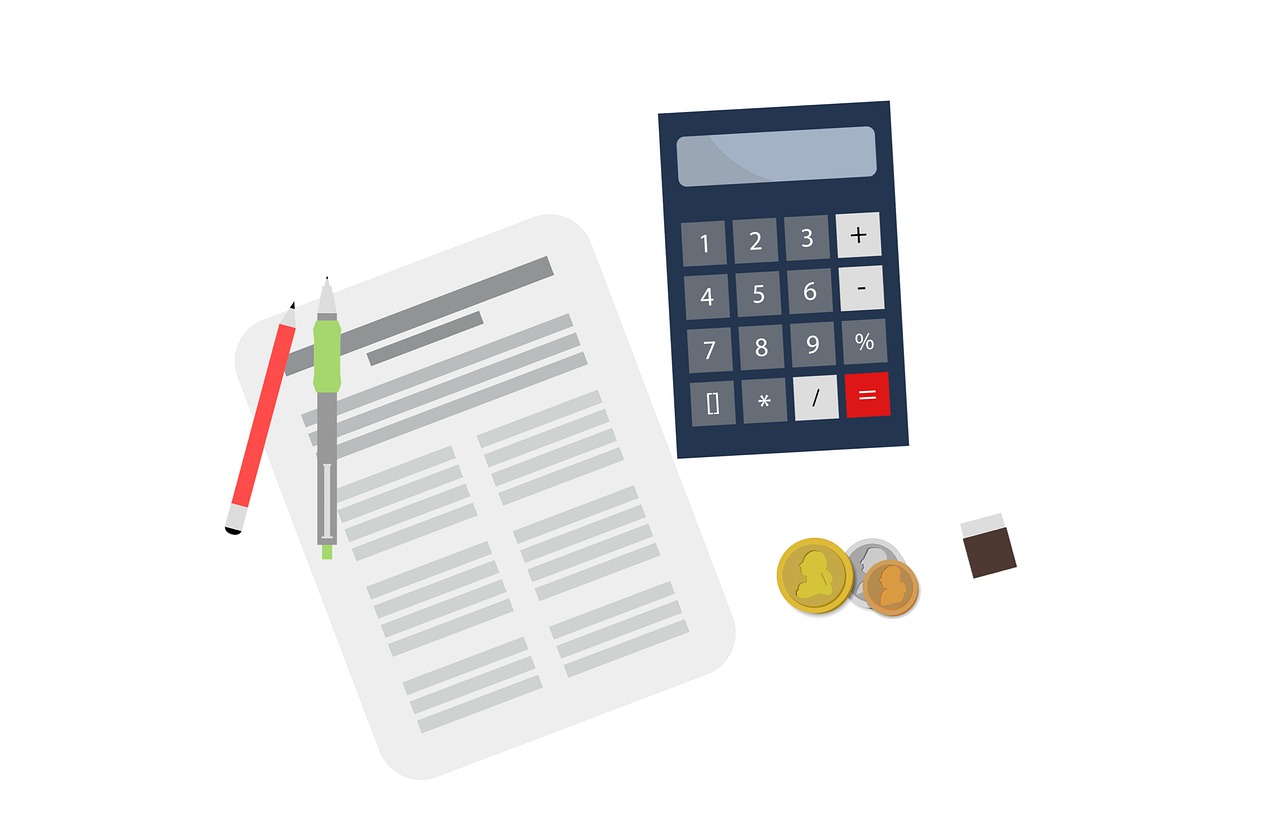Budgeting is a great way to manage your finances and to get out of financial ruts.
Some people find creating and managing budgets to be tedious and not fun. There is also a stereotype that a budget implies being frugal, and that you can’t have fun or treat yourself.
Budgeting does not mean that you have to limit your life or be miserable.
A personal budget shows you how to better distribute your income and where to spend your money.
If you still need convincing and are sceptical, I have compiled a list below of 11 amazing benefits of budgeting. Let’s get started!
Table of Contents
Budgeting is hard.
Budgeting has many benefits
Budgeting tools to help you win with money
Budgeting Does Not Have to Rule Your Life
Budgeting is hard.
Some people associate budgeting with complex spreadsheets, strict spending limits, and complicated calculations. These images can take the fun out life. If this sounds like you, then I have good news for you: budgeting does not have to be difficult.
Budgeting is not difficult: You don’t have to be an expert in finance, do any complicated calculations, or give everything up that you love. It is important to take the time to analyze your finances, create a realistic budget, and stick to it. Anyone can do it with a little effort — including you.
Budgeting has many benefits
Budgeting is hard because you have to stick to your plan. It helps to appreciate and understand the benefits of budgeting when the temptation to buy comes. I have compiled a list with eleven budgeting advantages to encourage you to budget and give you motivation to stick to your plan.
- Take Control of your Money
A friend once told me: “Either control your money or it will control yourself.” This is one of the best pieces advice I have ever received. Budgeting does not restrict your spending.
It helps you to spend your money intentionally, rather than wondering where your money goes or why there is never enough.
- You become aware of your spending habits
Budgeting makes you aware of what you spend. You might be surprised to learn how much money you spend on things like coffee subscriptions, Home Goods trips, and lunches at work.
You can use your budget as a tool to change bad habits and adopt better ones.
- Helps you set priorities
It can be hard to decide which of your financial goals you should focus on first. You may be wondering whether you should pay off student loans first or save for retirement. Should you save for a cruise, or pay off your credit card debt twice as much?
A budget will help you to see your finances in a broader perspective, so that you can make better decisions on what is most important and how you should prioritize.
- Prioritize saving and investing
The strategy of “I’ll just save what’s left” at the end is doomed. Budgeting is a better way to prioritize investing and saving by setting aside a set amount each month. It can help you to develop a money mindset that prioritizes saving and investing before anything else. - You can avoid bad debt by ensuring you control your debt.
Your budget should include a plan for managing your debt. You can use a detailed budget to prioritize debt repayment and avoid accumulating more than you can handle. - Prepare for emergencies with this guide
Unexpected costs are part of everyday life. Your car will eventually need repairs, your child will break an elbow on the trampoline or your air conditioner may stop working. Budgeting for emergencies is a good way to prepare for the unexpected. - Budgeting can help your family discuss money
I suggest involving your entire family in the budgeting process. Family money discussions become easier when everyone agrees on a budget and understands the goals and expenses.
If your children know that you are saving up for a Disney World trip, they will have less of a problem with skipping out on a meal in a restaurant and eating at home. If you and your partner worked out the numbers and decided to save for a downpayment on a home, it will make it easier to decide if or not to buy other items.
A budget can be a useful tool to keep things in order if a disagreement arises about money. It provides a framework of facts for discussions about goals and accountability.
- Can decrease future financial stress
The future can seem scary when you are living paycheck-to-paycheck and don’t know where your money goes every month. Budgeting involves planning for the future and for your current situation so that you can be prepared for what lies ahead.
Rather than crossing your fingers, hoping that one day you will be able retire, pay your mortgage, or save enough money for college, you can prepare by using your budget. You can avoid future financial strain by planning ahead and setting aside money to cover these expenses.
- Increases your financial literacy
Budgeting will introduce you to the world of personal finances. You will soon become familiar with terms like compound interest and high-yielding savings accounts. You’ll be able to make better decisions about your family’s finances with increased financial knowledge. - Track your financial goals
You enjoy the fruits of your labor if you are like most people. It can take a while to reach financial goals such as saving for a downpayment, funding your dream vacation in New Zealand, paying back credit card debt or saving up $100k.
Budgeting keeps you motivated by allowing you to see your progress toward your goals.
- Snowballing money mistakes can be avoided
Everybody makes mistakes. But an impulse purchase here or a shopping spree elsewhere doesn’t need to ruin your finances. Budgeting allows you to quickly correct your course and return to the right path after making money mistakes.
Budgeting tools to help you win with money
You can create a budget using a pencil and paper. However, I suggest you use these budgeting tools that will make the process easier.
Create your own spreadsheet
If you’re not bothered by data entry, a basic spreadsheet is a great budgeting tool. Create budget categories for monthly income and anticipated expenses. Do not forget to include your annual expenses as well as any savings goals. You’ll have to track your monthly spending and compare it with your budget to keep things in order.
Personal Capital
Personal Capital was designed for investors but can also be used as a tool to help with budgeting. It allows you to monitor your bank account, credit card, loan, and retirement account.
The most useful features include a snapshot of your recent transactions, a breakdown of your monthly expenditure by category, and an asset tracker. It’s also free! Sign up and learn more here.
Tiller
Tiller is a budgeting app that’s perfect for those who like spreadsheets, but don’t enjoy manually entering numbers. After you connect Tiller with your bank account, all of your money transactions will be automatically transferred into a Google Sheet. You can either use Tiller’s templates for budgeting or create your own, with categories and timeframes that you specify.
A handy spreadsheet called the debt snowball will help you to pay off your debts as quickly as possible. You’ll also receive an email each day summarizing your transactions.
Savology
Savology can be a good option for those who want to create a budget within the context of an overall financial plan. The platform provides a comprehensive financial plan that includes a financial report card, a personalized list of actions and a financial big picture. You can track your spending using their budgeting tool for free as part of this package.
You Need A Budget
YNAB uses a zero-based system of budgeting, meaning that your budget is based upon a plan for each dollar you earn. The app allows you to create custom categories for spending and save money. You can easily track your expenditure by connecting your bank account. Members have access to additional resources, such as budgeting seminars.
Budgeting Does Not Have to Rule Your Life
Budgeting has so many benefits that you and your family should consider creating one. It is entirely up to you to decide how detailed or simple your budget will be.
You also shouldn’t let your budget rule your entire life. You need to find a balance between how much effort and time you are willing to put in.
You want to make sure you’re not spending all your time on small details and pinching every last penny. It might not be for you, but it is possible to become addicted to focusing on small details and constantly tweaking them, rather than working towards a bigger financial picture.
You can find more information on budgeting here.
Budgeting 101: Basic tips to improve your finances
What is a Budget Calendar and do you need one?
Cash Envelope system: How does this budgeting method work?









